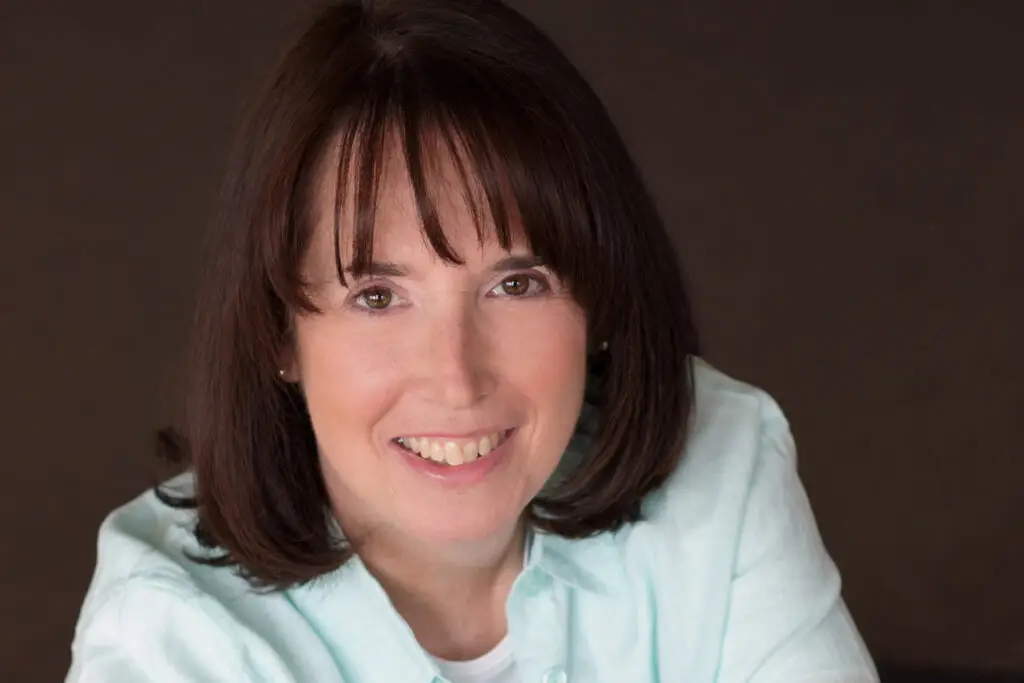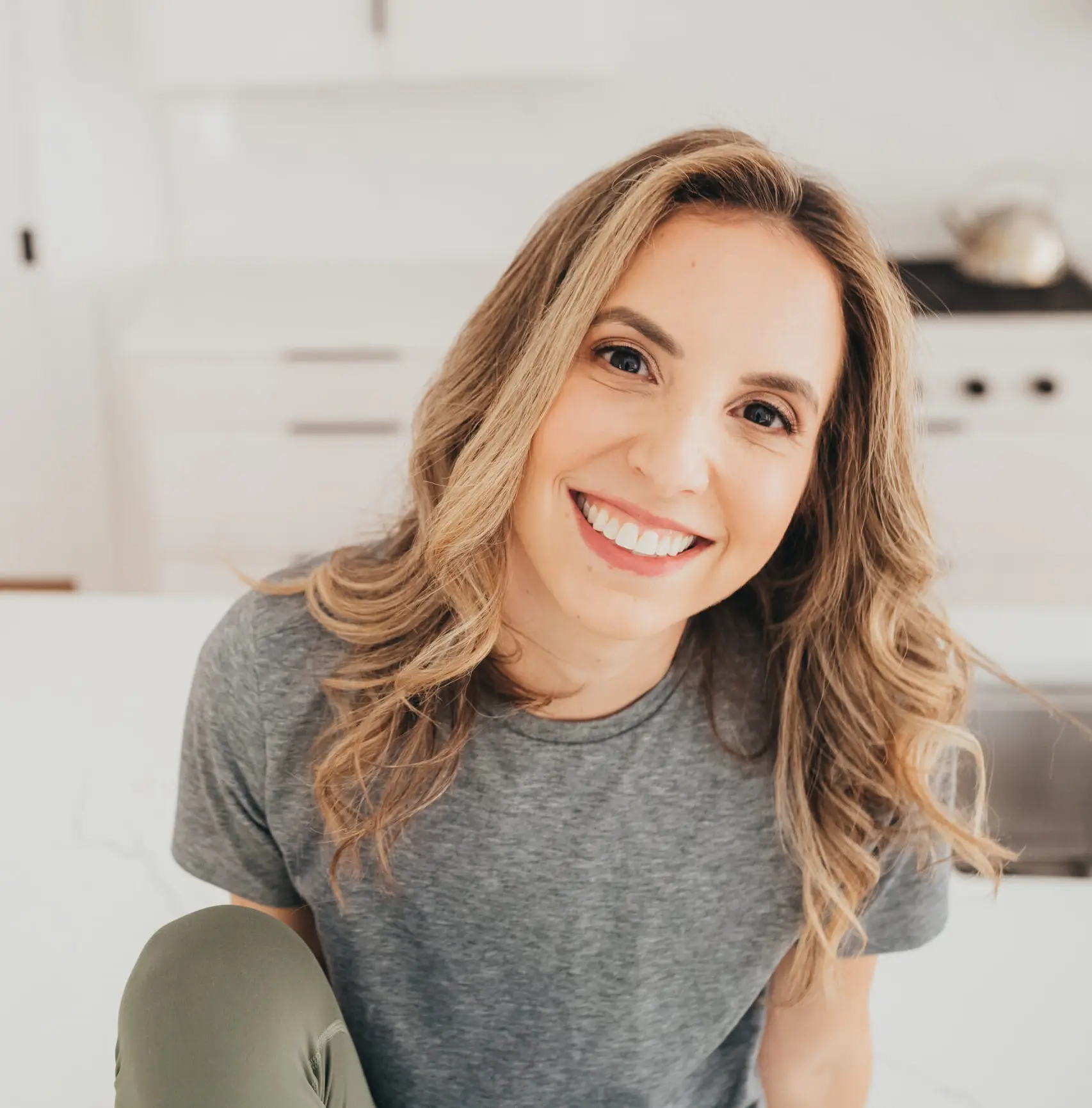Go from reacting in the moment to creating lasting change.
Join us for the free Behavior SOS Summit.
Turn daily battles into breakthroughs. Join 26 experts over 4 free days for practical tools and a framework to decode behavior and create more peace at home and school — without shame, blame, or quick fixes. This Summit is where overwhelm softens, clarity rises, and everything starts to shift.
Oct. 10-13, 2025









I was a single mom of two boys. The older (by 6 years) had anger issues. The younger was almost off the scale of ADHD. They are now 40 and 33. The younger has a 10 year old son who is on the spectrum and ADHD also. I am 71 now and have suffered from depression almost all my adult life. The depression is mostly controlled by medication but lately I've been very depressed and am trying a new medication which is helping me get better. Listening to this podcast has me wondering if maybe I also have ADHD that hasn't been diagnosed. Maybe that coupled with the depression is why I can't get anything done and have such a hard time making decisions. And wondering if this is why I butt heads with the younger one so much now.
I guess what I really am wondering is if 71 is to old to be diagnosed with ADHD and where would I go to find out?
Thank you,
Tamara Cuthbertson
You are never too old to get a diagnosis. You can ask your physician for a referral for evaluation.